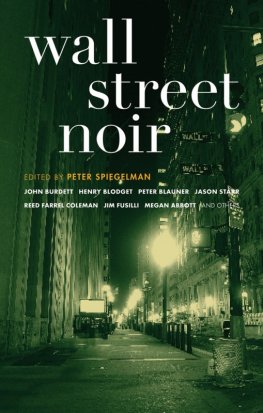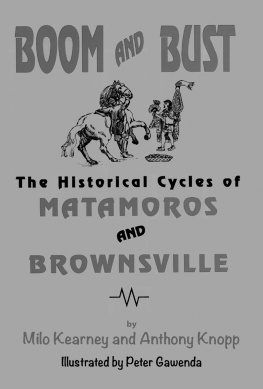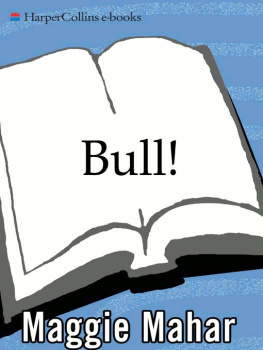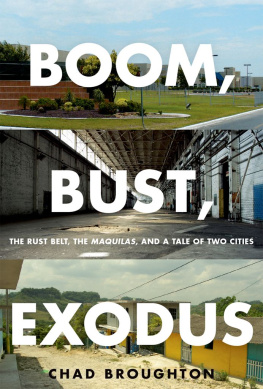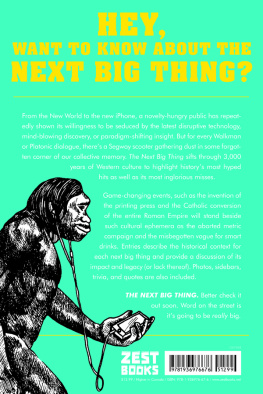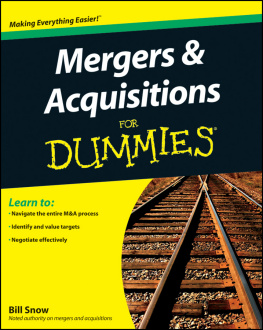A Giant Cow-Tipping by Savages
A Giant Cow-Tipping by Savages
The Boom, Bust, and Boom Culture of M&A
John Weir Close


A GIANT COW-TIPPING BY SAVAGES
Copyright John Weir Close, 2013.
All rights reserved.
First published in 2013 by PALGRAVE MACMILLAN in the United Statesa division of St. Martins Press LLC, 175 Fifth Avenue, New York, NY 10010.
Where this book is distributed in the UK, Europe and the rest of the world, this is by Palgrave Macmillan, a division of Macmillan Publishers Limited, registered in England, company number 785998, of Houndmills, Basingstoke, Hampshire RG21 6XS.
Palgrave Macmillan is the global academic imprint of the above companies and has companies and representatives throughout the world.
Palgrave and Macmillan are registered trademarks in the United States, the United Kingdom, Europe and other countries.
ISBN 9780230341814
Library of Congress Cataloging-in-Publication Data
Close, John Weir.
A giant cow-tipping by savages : the boom, bust, and boom culture of M&A / John Weir Close.
pages cm
ISBN 9780230341814 (alk. paper)
1. Consolidation and merger of corporationsUnited StatesHistory. 2. Big businessUnited StatesHistory. I. Title.
HG4028.M4C56 2013
338.830973dc23
2013014658
A catalogue record of the book is available from the British Library.
Design by Letra Libre, Inc.
First edition: October 2013
10 9 8 7 6 5 4 3 2 1
Printed in the United States of America.
To my father,
Raymond Hooper Close,
a river to his people
Contents
Chapter One
The Temple of Dendur
A ll of First Boston knows. His lawyers at Cravath, Swaine & Moore are well aware o f it. New York society, whic h he thought he was impressing, is in on the secret. So is his actual audience. But Robert Campeau has no clue. He is the mergers and acquisitions (M&A) raider writ large: driven, volatile, charming, seductive, grounded in poverty, a collector of assets and houses, companion to beautiful women, desperate for respect. When I was growing up, I thought every house with indoor plumbing was a palace, and I hated the people who lived there, he once said. On this night, he has immersed himself among those he has envied and despised for so long.
A vast assemblage has gathered at the Temple of Dendur, a gift from the government of Egypt in the 1960s in thanks for the $16 million the United States contributed to the rescue of Nubian antiquities from the lake created by the Aswan High Dam. Thomas Hoving, then director of the Metropolitan Museum of New York, won what became known as the Dendur Derby among American cities by offering to build the temple a glass palace all its own. There it now sits on Fifth Avenue, as forlorn as a reluctant takeover target, a favorite place for New York parties for decades. At the Campeau coming-out party in the 1980s, the guest of honor oddly replicates the temples own deracination and godlessness.
On Halloween 1986, a few months earlier, Bob had pulled off the unlikeliest of deals and taken over Allied Stores, which included Brooks Brothers, Ann Taylor, Jordan Marsh, Garfinckels, and Bonwit Teller, for $3.6 billion in borrowed money. Later, on April Fools Day 1988, he would conquer Federated for another $6.5 billion in loaned cash, mostly because he wanted to be king of Bloomingdales. Knowing no one on Wall Street, he was a guy over at the Waldor f Hotel who thinks hes going to buy Allied as Joe Perella put it to his First Boston colleague Mike Rothfeld at the start of the whole fiasco. Eighteen months and over $10 billion later, this real estate developer, who made his first fortune on postwar tract houses that were once called an excuse for a nuclear bombardment, with no experience in retail whatsoever, owned virtually every department store of note across the United States except Macys. He learned fast. He had arrived in New York just as Ron Perelman was conquering Revlon and had watched as an unknown from a perennially overlooked city, dismissed as little more than a traveling salesman with a rich wife, took over one of the greatest houses of glamour in the world. If a Jew from Philadelphia could do it, why not a French Canadian from the provinces who had pulled himself up from nothing, stiff-armed by English Canada but now feeling wholly at home in New York?
The Anglo moguls of Toronto looked on Campeau (pronounced: Com-poh) with contempt, and he built a massive tower, Scotia Plaza, in the heart of Toronto that functioned as his own middle finger to the establishment. Resentful, driven to prove himself, eager for adulation, he could also win bankers, employees, and women to his side. He had two families and two sets of children, each long unknown to the other, with the strain of such a double life, if not the truth, all too obvious for decades. He would alternate between states of depression that resembled mammalian hibernation and periods of febrile activity inflamed by a sense of his own invincibility and perceived genius. Sam Butler of Cravath, who gave Campeau his first taste of acceptance in Manhattan when Sam agreed to take him on as a client, puts it simply: Campeau was a nut case.
Everything about Bob Campeau was more extreme, and disturbed, than it appeared. He was a great chest thumper and screamer, but layered, with prejudices and bitterness; he was a frightened man, prone to sudden and rather cringe-making admissions of doubt. He was vain, but it was only a symptom of his fear of aging and death. He should have been in treatment, but instead, during his many absences at the climaxes of his deals, he sought the help of cosmeticians, nutritionists, tanning salons, and plastic surgeons, as well as a toupee and then hair transplants; capped teeth; face lifts... Rolfing rituals; health-food diets; the daily swim in his specially purified pool; all of which produced a vigorous and dashing figure, slim and deeply tanned, with bright, prominent uppers and a healthy crop of medically harvested gray hair.
At the Temple of Dendur, B-a-a-a-b is feeling expansive after his triumph over Allied, this foreigner born to poverty and ostracism, still an alien in both the United States and his own land. He feels he is at last getting the respect he has worked so inexhaustibly to attract. But he is fooling no one but himself. He stands at the podium and, at first, lectures the audience unintelligibly, according to one guest, about currency rates, and then in orotund phrases of oleaginous sycophancy, he tells the black-tied and ball-gowned ensemble in front of him how gratified he is to be among them in the heart of Manhattan, what a feeling it is to be a Canadian taking over US companies instead of watching it happen to Canadian targets, how much it has meant to him and his wife to be so welcome in the greatest city in North America, how he plans to make New York his home, how he feels that he is among friends.
But the truth, as always for Bob, is impenetrably camouflaged. Aside from the cardinal of Toronto and Pierre Trudeau, the former prime minister of Canada, what Bob sees is New Yorks aristocracy at his feet. But many of those applauding are not even from New York, nor are most of them particularly elite, although all of them are rich. History is blessed to have the recollections of one of Bobs advisers, the irrepressible Kim Fennebresque, then of First Boston, to pull back the curtain. Basically, it was every teenagers worst dream about their party, says Fennebresque. No one wanted to come. We got reject after reject. Something had to be done. There was a big place to fill, what Fennebresque calls the artistic equivalent of the Astrodome which could hold hundreds and hundreds and hundreds of [Campeaus] newfound fans, and a big ego to satisfy. Bruce Wasserstein, the rising M&A sorcerer at First Boston, solved the crisis. He simply ordered his colleagues from New York and regional offices such as Dallas and Houston to come to the temple. That was an invitation no one could refuse. It was either that, says Fennebresque, or call Central Casting for people who looked like investment bankers to fill up the room.
Next page






